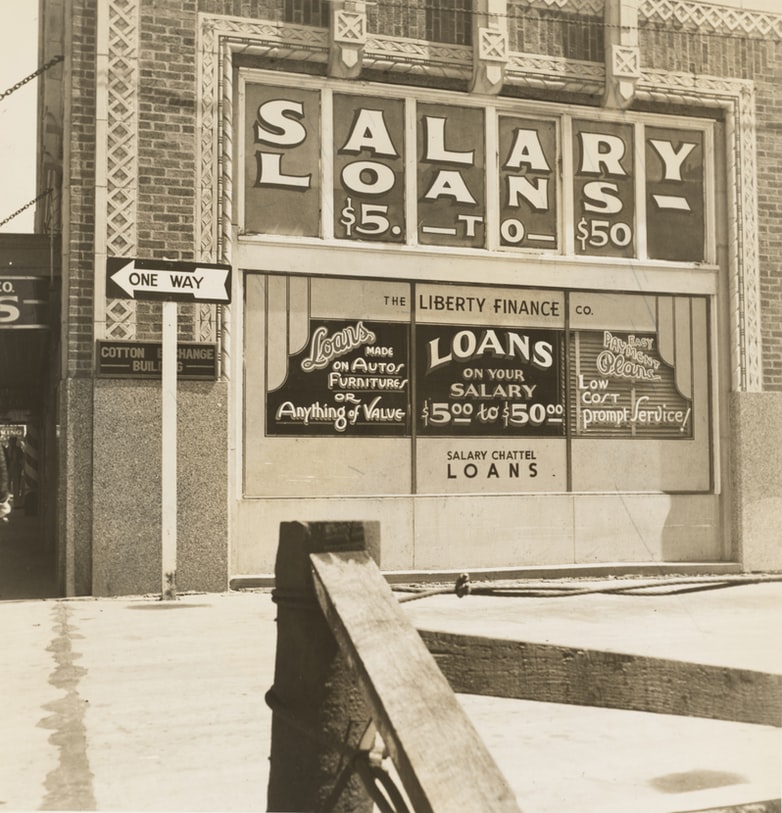A Case for Buy-Back Agreements under the IBC
[By Anjali Soni] The author is a student at the National Law University, Odisha. Introduction Real estate developers use various mechanisms to raise finance apart from the traditional loans received from Financial Institutions and buy-back agreements are one of such instruments. Buyback schemes are where the developers agree to repurchase the property at a higher price, within a stipulated time, during which the homebuyers generally get some percentage of annual returns. Such offers are usually undertaken to encourage sales. Even though the homebuyers were declared as financial creditors so far as the Insolvency and Bankruptcy Code is concerned, however, homebuyers categorized as speculative investors have no remedy under the IBC. The NCLAT recently in the case of Shubha Sharma, Suspended Board of Director v. Mansi Brar Fernandes ruled that homebuyers with a compulsory buy-back agreement are not genuine buyers but mere speculative investors and hence cannot seek relief under the provisions of the IBC. This article seeks to analyze the judgment and make a case for investors under buy-back agreements. Facts Gayatri Infra Planner Pvt. Ltd. Company, a real estate developer, and Mrs. Mansi Brar Fernandes entered into an agreement/MoU for the provisional allotment of four apartments in a project named “Gayatri Life”. Rs. 35 lacs was paid by the financial creditor at the time of signing the agreement. The agreement had a compulsory buy-back provision which stipulated that upon the expiry of 12 months, the Corporate Debtor was to return the initial amount along with an additional Rs. 65 lacs as premium, failing which the homebuyer was to take possession of the apartments. The Corporate Debtor issued two post-dated cheques in favor of the financial creditor. Upon inquiring, the Corporate Debtor expressed his interest to exercise the buyback but the said cheques were dishonored upon encashment. No amount was returned after repeated extensions nor the possession of the apartments was given. The financial creditor finally filed the application under Section 7 of the IBC. Decision of the adjudicating authority The two primary objections raised before the Adjudicating Authority. First, that the allottee does not come under the definition of Financial creditor, and second, that the amount of default is Rs. 35 lacs and not Rs. 1,02,50,000 as claimed by the allottee. The NCLT did not accept either of the objections and admitted the application on the grounds of the debt being a financial debt in view of the explanation inserted under clause Section 5(8)(f) by the Insolvency and Bankruptcy (Second Amendment) Act, 2018. Aggrieved by this order, the former Director of the Corporate Debtor filed an appeal before the Appellate Tribunal. Decision of the Appellate Tribunal The Honourable Appellate Tribunal while setting aside the impugned order ruled that the MoU signed by the financial creditor and the real estate developer is an agreement to buy back the apartments and not an agreement for sale of the apartments. Since the buyback is an irrevocable and compulsory buy-back agreement, the homebuyer is actually a speculative investor and not a genuine homebuyer. Judicial precedents regarding homebuyers with a buy-back agreement under IBC In the case of Kussum Chadha v. C&C Towers Ltd. the real estate developer launched a ‘Buy Back’ scheme inviting investors but defaulted in payment of the assured monthly returns to financial creditors. Cheques issued in favor of the financial creditors towards the refund and premium due were dishonored, and the CIRP petition was admitted by the NCLT. Similarly, in the case of Narender Kumar v. Aadinath Probuild a buy-back agreement cum guarantee deed was executed in favor of the applicant and after the default in payment, CIRP proceedings were initiated. The Adjudicating Authority categorically laid down that since the amount of money has been raised under a real estate project, it has the commercial effect of a borrowing and comes within the scope of a financial debt. Analysis of the nature of debt under a buy-back agreement In the author’s opinion, homebuyers under a compulsory buy-back agreement should be considered as financial creditors because the debt owed to them fulfills all the prerequisites of a financial debt. Section 5(8) of the IBC provides two primary components for a debt to be classified as a financial debt. First, the debt has to be disbursed against the consideration for the ‘time value of money’ and second, the transaction should fall under any clauses between (a) to (i). The NCLAT in the case of Nikhil Mehta and Sons (HUF) v. AMR Infrastructure Ltd ruled that the first essential requirement of financial debt has to be that the debt is disbursed against the consideration for the time value of money. Black’s Law Dictionary defines ‘time value’ as “the price associated with the length of time that an investor must wait until an investment matures or the related income is earned”. Essentially, the time value of money is the incentive that the said investor gets after a stipulated time period against the investment. Under buy-back agreements, the real-estate developers give lucrative offers to investors in order to stimulate sales. These offers include assured annual returns at attractive rates and heavy premiums along with the principal amount after the time period is over. The time value of money in such transactions is evident from the monetary benefits received by such investors. With regard to the second requirement, a debt can be classified as a financial debt if it is raised under any transaction having the commercial effect of a borrowing as mentioned in Section 5(8)(f) of IBC. The Hon’ble the Appellate Tribunal in the case of Rajendra Kumar Saxena v. Earth Gracia Buildcon Pvt. Ltd. held that the explanation inserted under Section 5(8)(f) states that any amount raised from an allottee under a real estate project shall be deemed to be an amount having the commercial effect of a borrowing, making all allottees of real estate as ‘financial creditors’. Finances raised under a buy-back agreement also have the same commercial effect of a borrowing. During times of financial crises, real estate developers resort to raising funds through buy-back agreements
A Case for Buy-Back Agreements under the IBC Read More »









